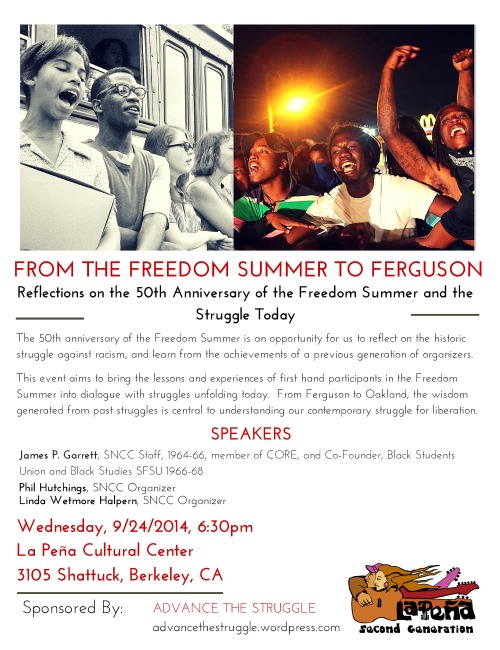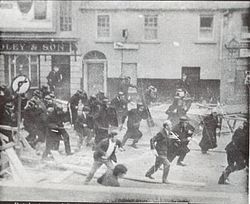Note of Camaraderie to our Sisters and Brothers in Struggle
On the eve of the first important day in the 2016 primary election cycle, we offer a draft, never before published but still highly relevant, from a high point of struggle during the last presidential election cycle. The Chicago Teacher’s strike of 2012 was an important moment for the struggle against neoliberal “reforms” to public education, as well as for the trade union and working class movement as a whole. As teachers in Oakland, California involved in efforts at building organization and struggle of parents, teachers, and students, we have been inspired and challenged by the solidarity that was demonstrated on the streets of Chicago during the strike, and we deeply respect the years of strategic work that went into organizing a base of teachers that was able to carry out such a strike. The experiences of Chicago have provided an example of a higher level of militancy and struggle than we have seen in decades.
CORE and the CTU deserve the most recognition for this. As part of this recognition, we wish to deeply engage and scrutinize the strategies that were used to carry out the preparation, execution, and follow up from the strike. Our engagement and scrutiny of these strategies comes from a place of wanting to carry forward at the highest level the struggle against neoliberal capitalist reforms from our location in Oakland; at times this will mean pointing out aspects of the strategy used in Chicago that we are critical of, while at other times it will mean putting forward some initial thoughts on alternatives grounded in our experiences in Oakland. We come from a humble place of respect and camaraderie with our sisters and brothers in Chicago, and we hope that our engagement and scrutiny is taken as a sign of respect for the hard work put into the 2012 strike.
Introduction
Throughout the country we have seen repeated attacks on teacher unions; these attacks are occurring in the context of an all out assault on unions and working class people as a whole. From Madison to Chicago to Oakland and beyond we have see Democrats and Republicans carrying out legislation that seeks to undermine the gains that workers struggles and trade unions have won for their members; we refer here to seniority, health care, wage increases, and positive developments in working conditions. These gains have been achieved by the movement of working people getting organized formally and informally, in unions and without them at times. All of these forms of movement, organization and struggle are part of what we refer to as class struggle.
Continue reading


















You must be logged in to post a comment.